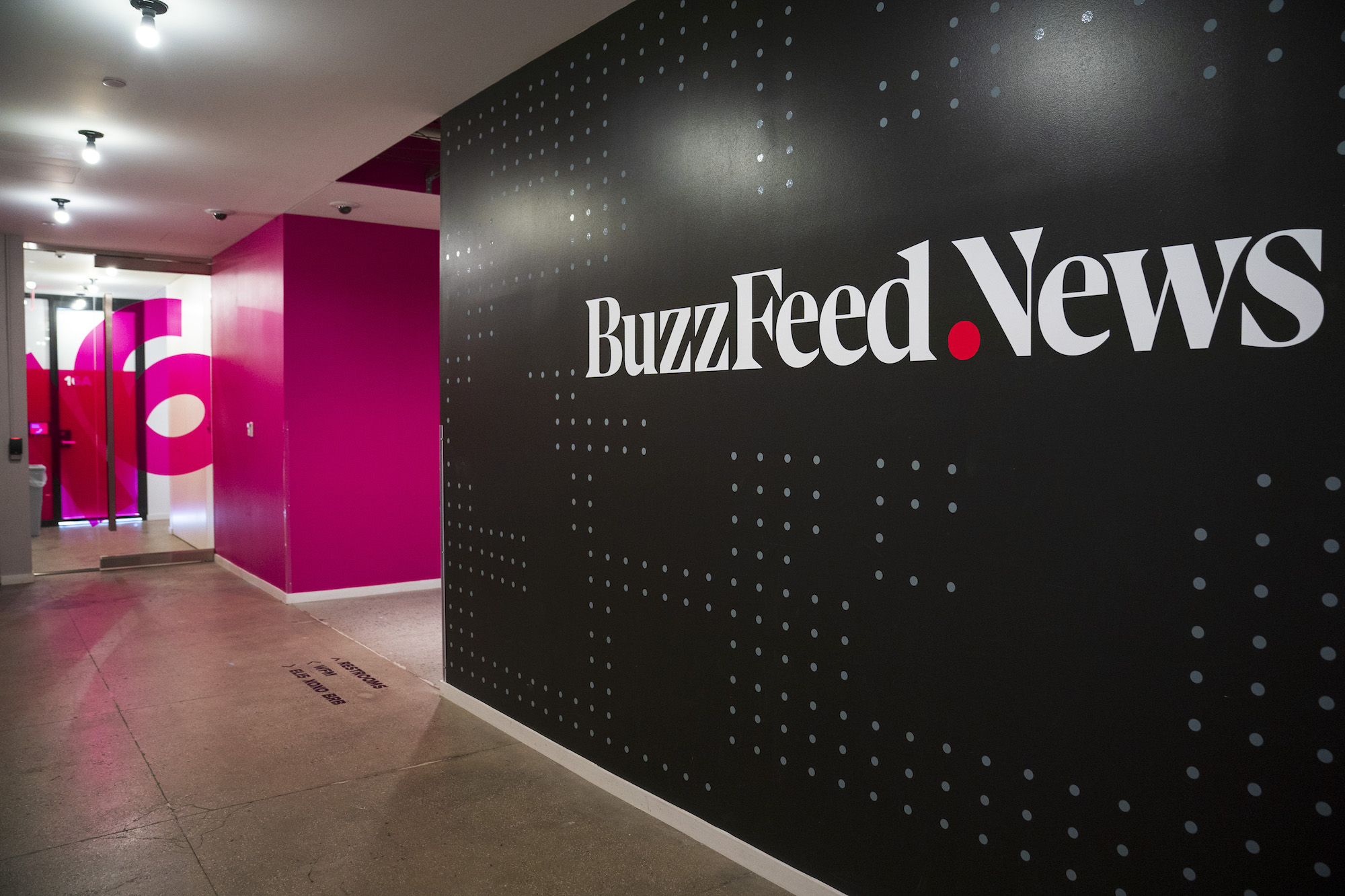
Over the past two weeks, more than 2,200 people have lost their jobs in an enormous media collapse. While some of the cuts were in print media areas, the most devastating cuts were in the digital media sector, mainly coming from slashes at Buzzfeed, Vice and Huffington Post. Though each company cited different causes for the mass layoffs, most outlets experienced similar troubles with investors, advertising and keeping up readership numbers.
This enormous fall in media is a dark omen for the future of journalism. Witnessing modern, digital savvy giants get knocked after local journalism and print became victims of massive downsizing, there seems to be no area of news untouched by the crushing wave of budget reductions.
Vice announced Feb. 1 that it would be cutting 10 percent of its workforce (250 jobs) after a series of cutbacks. According to the Wall Street Journal, in summer 2017, Vice was valued at $5.7 billion, making it one of the most valued new-media companies. Since that peak, traffic on Vice’s sites has gone down.
Being the edgier news source of journalism, Vice has been a haven for educational content on drugs and their effects on communities, actual relatable pieces for millennials and political coverage on national stories or local pieces that need a mouthpiece. Since the layoffs, the company is planning on shifting towards more film and television content to expand their brand and keep on track with their 2019 budget.
Former Buzzfeed employees began tweeting and posting on Instagram Jan. 25 to inform their followers that they had been laid off, some even adding their business emails at the bottom of the posts hoping to seek new prospects.
Though Buzzfeed has been looked down on for their quizzes and meme-worthy video content, their investigative and long-form news team has been putting out some of the most well-written pieces over their decade long presence. Most recently valued at $1.7 billion, revenue growth has fallen from a pace of 50 percent in 2016 to about 11 percent last year. To make the downsizing even worse, Buzzfeed employees were denied payouts after being laid off, resulting in a push to unionize and scramble to find work just to continue living.
One of the main roots for this slide in media is advertising. No matter how big or small the outlet is, money from advertisers is absolutely essential for a news source to function. Even with the millions of viewers and readers, Buzzfeed and Vice felt the pressure of competing with the likes of Facebook and Google in the world of advertising.
In 2017, Google and Facebook accounted for 73 percent of all U.S. digital advertising, taking total control of the market. This dominance takes away from the journalism world, resulting in the loss of jobs and loss of information.
“This isn’t happening because of market inefficiencies or consumer preferences or social value. It’s happening because two very large companies have taken the advertising revenue that journalism outlets rely on and replaced it with nothing,” a senior reporter, Zach Carter tweeted the day Huffington Post went public about their layoffs.
As many will remember, earlier this term The Triangle launched a fundraising campaign to keep our publication afloat. One of the main reasons the paper was in danger was because of dwindling advertising opportunities continuously shrinking the income for the weekly print publication. Newspapers and news sites need to remain independent to keep their full journalistic power and integrity.
At its core, the press is supposed to be a check on institutions like schools or the government, and the only way for that power to remain is to be disconnected from any reliance on those institutions. If we take money from Drexel University, we wouldn’t have the power to write against it and challenge instances that damage our campus.
Though The Triangle is much smaller than Buzzfeed or Vice, we all face the same oppositions and funding woes.

